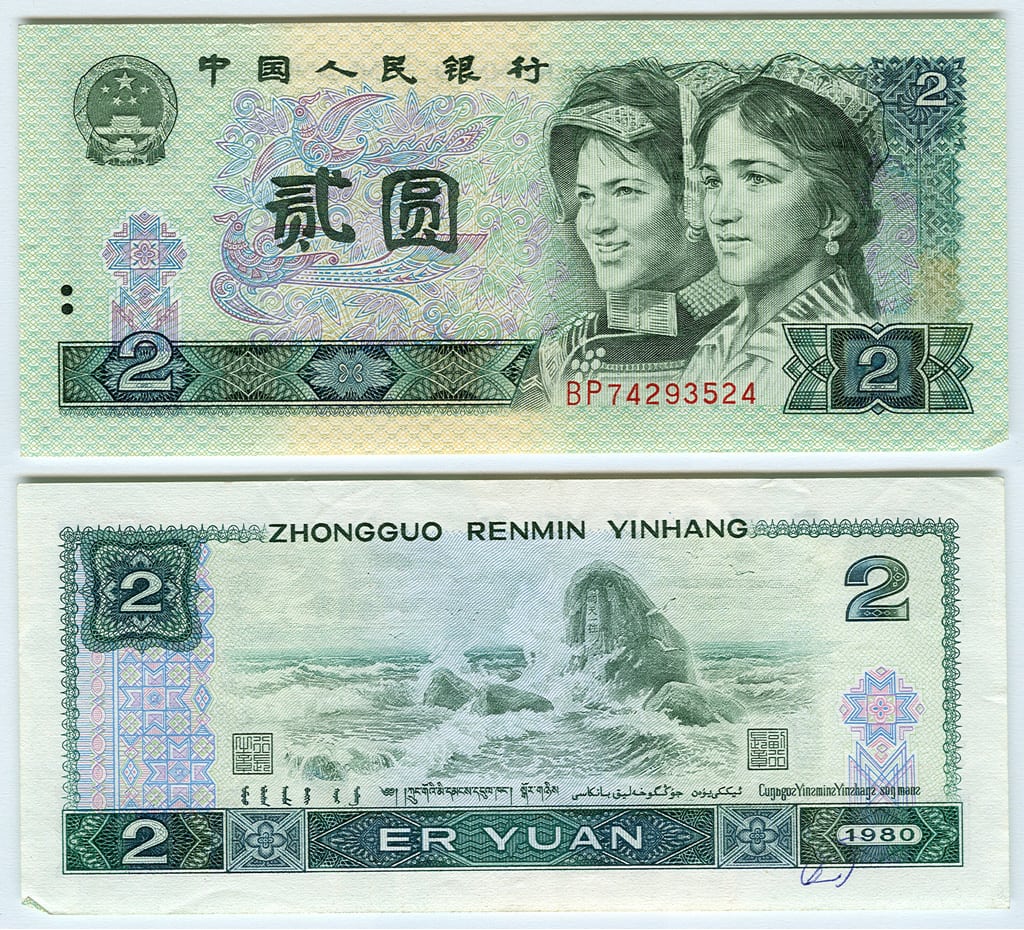 Photo courtesy of Bob Marquart on Flickr
Photo courtesy of Bob Marquart on Flickr
US-China Trade War Implications
Developments in the US-China trade war continue, constantly promoting debate about the best approach to take in the tariff race to ensure the continuation of the US as a global economic leader amidst the “Made in China 2025” campaign. A recent cause for concern is the devaluation of the Chinese yuan, and the implications this devaluation has on US-China trade.
The Chinese yuan devalued sharply in June—dropping 3.7% against the US dollar. The devaluation is up for debate, with people unsure of whether this occurred by way of Chinese monetary authorities in efforts to combat incoming US tariffs, or if it simply reflects the Chinese economy’s supply and demand levels like the People’s Bank of China insists.
According to a tweet released last Friday, President Trump seems to think the devaluation is the effect of purposeful manipulation—in efforts to retaliate against US-imposed tariffs. He states, “China, the European Union and others have been manipulating their currencies and interest rates lower, while the U.S. is raising rates while the dollars get stronger and stronger with each passing day—taking away our big competitive edge. As usual, not a level playing field…”. A follow-up tweet continues his message: “ ….The United States should not be penalized because we are doing so well. Tightening now hurts all that we have done. The U.S. should be allowed to recapture what was lost due to illegal currency manipulation and BAD Trade Deals. Debt coming due & we are raising rates – Really?”
The supposed lowering of the yuan’s value makes sense considering the current trade war. Along with China’s ability to lower its currency, it can retaliate against the newly imposed US tariffs in a variety of ways. China can stop buying US treasuries, as well as worsen the Chinese public’s “sentiment” towards the US. This would lessen much of the public’s support of US products as well as travel to the US. This would be devastating for many US companies that have grown into China. China also has the capability to isolate the US in multinational trade partnerships.
With changes in China’s currency, President Trump’s $34 billion worth of tariffs imposed on Chinese goods on July 6th, and China’s tariff response—it is safe to say that a US-China trade war is underway, and its effects loom large. The Trump Administration has also threatened to create additional tariffs—more specifically, 10% tariffs on an additional $200 billion of Chinese imports. Beijing said it would retaliate with “qualitative and quantitative measures.” Two economists at Oxford, Gregory Daco and Louis Kuijs, say that this potential trade war escalation could “ultimately [affect] over $600 billion in trade.”
While China does have several abilities to hurt the US, China is economically more at-risk than the US in this ensuing trade war. Nearly 20% of its exports go to the US, and it sold $506 billion worth of product to the US last year. The US only sold $130 billion worth to China. Although it is a common belief that “in a serious economic battle, the U.S. wins”, it is important to have beneficial relations and trade with China in order to support US economic growth.
President Trump should be cautious of a trade war escalation with China—it could have negative implications for the US economy and society. For instance, China is now investing “9 times more in Europe than it is into North America.” This is cause for concern as it stimulates more competition, not just with China, but internationally. Furthermore, jobs could be lost in export sectors—especially in agricultural states and states with auto plants. President Trump highlights this loss in a recent tweet released Wednesday, July 25: “China is targeting our farmers, who they know I love & respect, as a way of getting me to continue allowing them to take advantage of the U.S. They are being vicious in what will be their failed attempt. We were being nice – until now! China made $517 Billion on us last year.”
Some believe that the tit-for-tat strategy taken by President Trump thus far is him choosing which sectors of the US economy benefit in this trade war. This could put a multitude of jobs at risk. More specifically, if China puts tariffs on all of the products it has threatened thus far, it would affect about 2.1 million jobs spread across 2,783 US counties, according to a Brookings Institution analysis. While the Trump administration has announced plans to compensate the economic loss already occurring in farming states, the proposed $12 billion in aid will only help in the short term. Long term negotiated trade agreements would be far more useful and substantial. Swift agreements with China need to be made in dealing with this trade war, in order to ensure the safety and security of the US economy.





